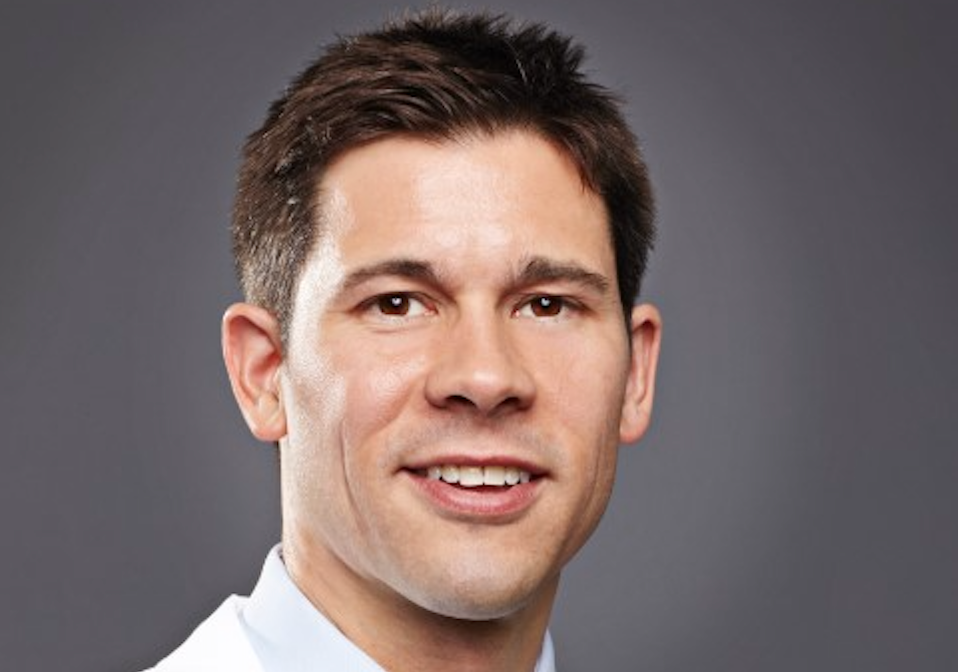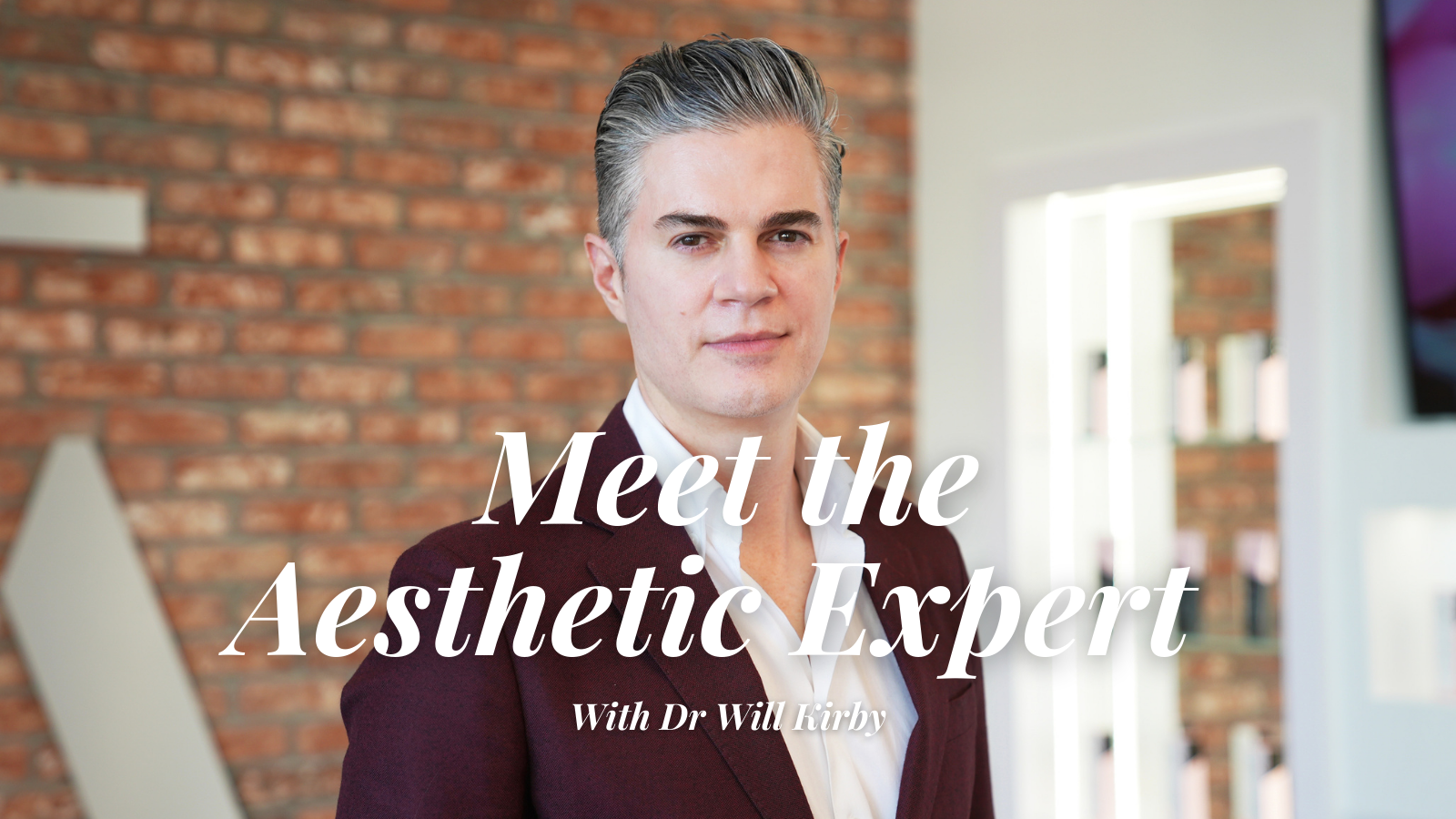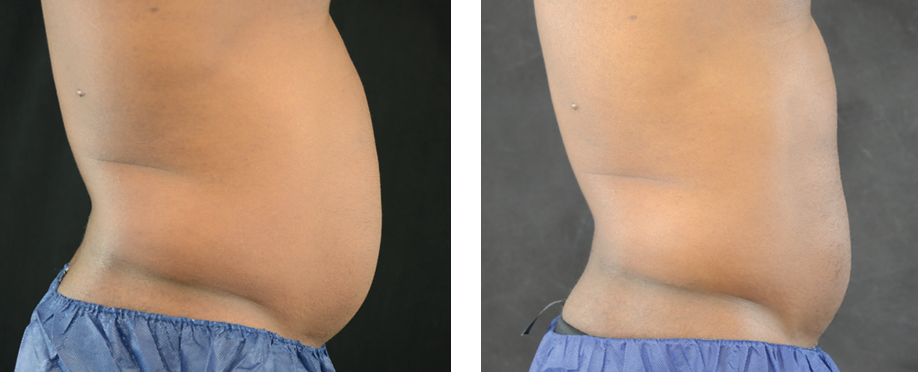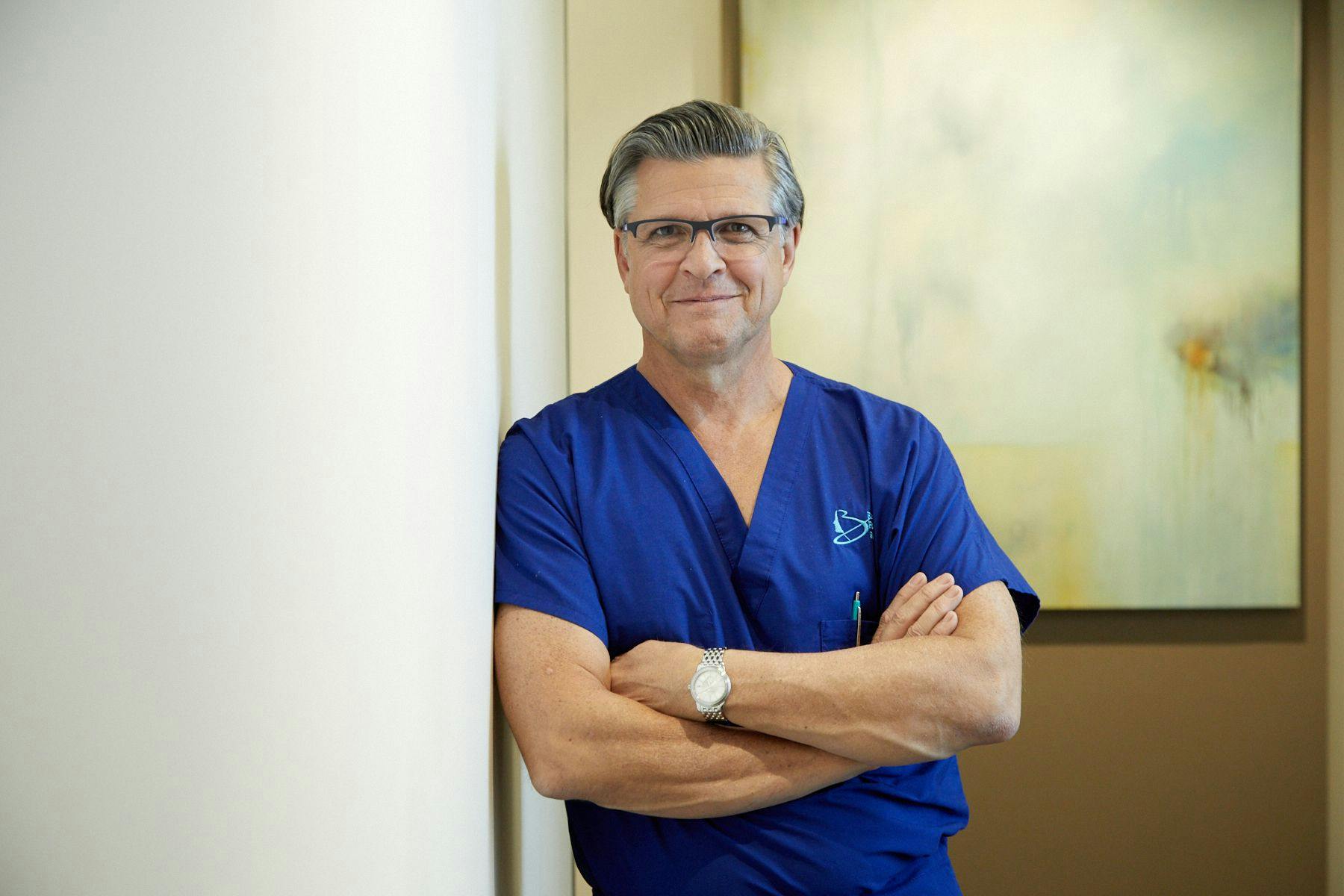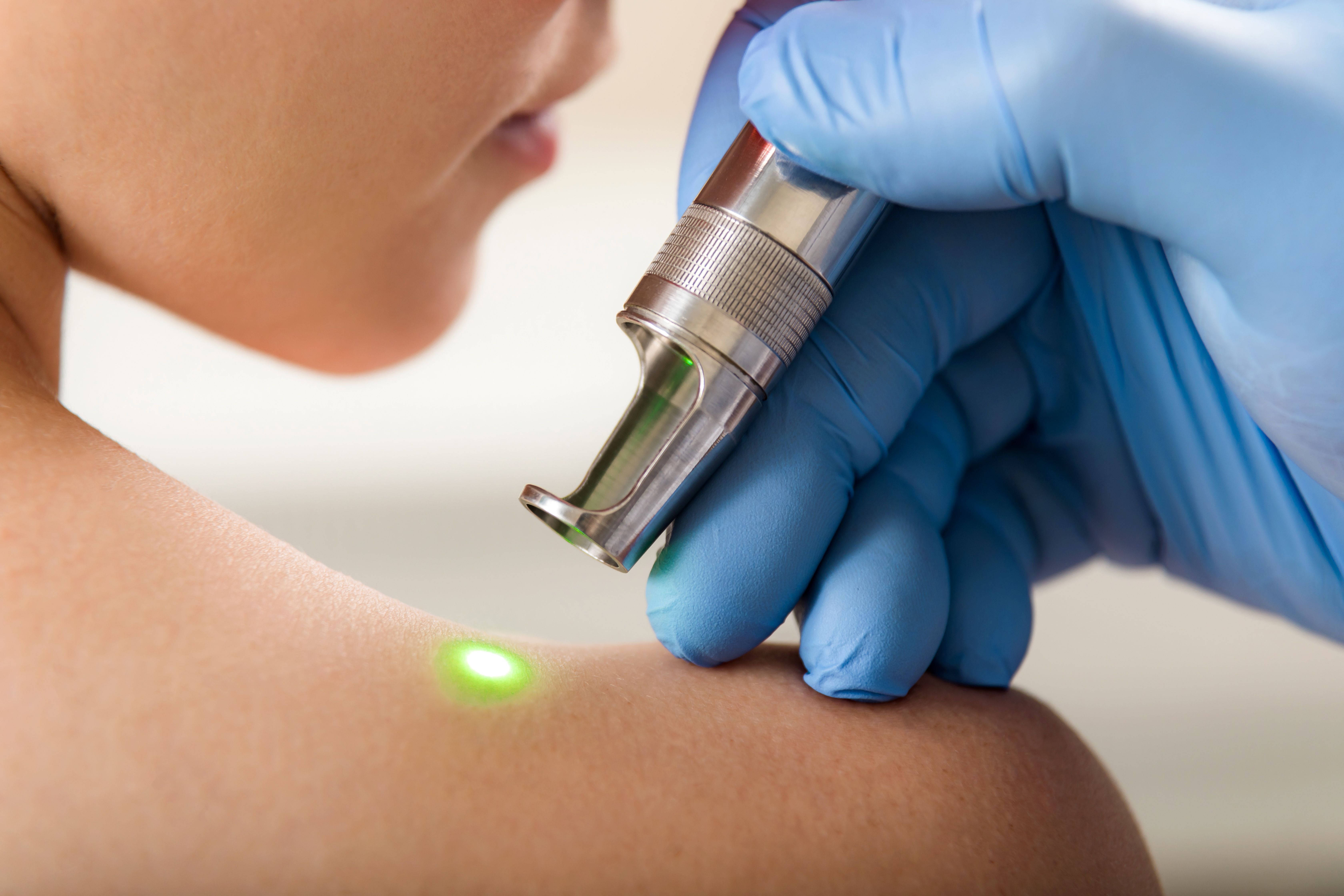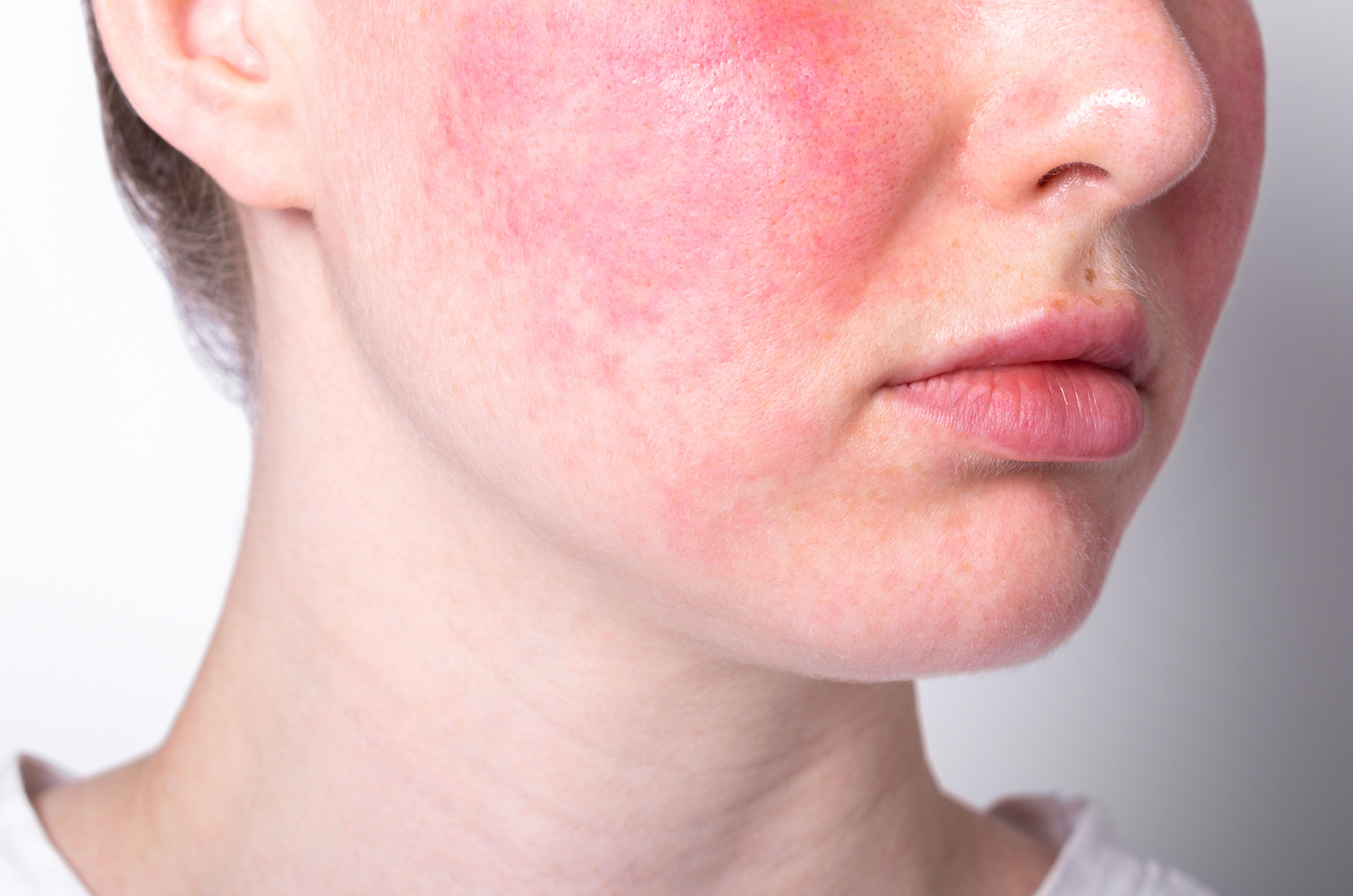- Acne
- Actinic Keratosis
- Aesthetics
- Alopecia
- Atopic Dermatitis
- Buy-and-Bill
- COVID-19
- Case-Based Roundtable
- Chronic Hand Eczema
- Drug Watch
- Eczema
- General Dermatology
- Hidradenitis Suppurativa
- Melasma
- NP and PA
- Pediatric Dermatology
- Pigmentary Disorders
- Practice Management
- Precision Medicine and Biologics
- Prurigo Nodularis
- Psoriasis
- Psoriatic Arthritis
- Rare Disease
- Rosacea
- Skin Cancer
- Vitiligo
- Wound Care
Publication
Article
Aesthetic Authority
Physician Product Picks
Author(s):
Physicians highlight their favorite products, including skincare with DNA repair, antioxidants, and the introduction of skin wellness.
This is part two of a two-part series.
Part 1: The Clean Beauty Revolution
Bucay focuses on the concept of DNA repair in skin care.
“We know that topical enzymes can work. A good example of that would be sunscreen with DNA repair, like Eryfotona Actinica (Isdin),” Bucay says. “This is a mineral-based sunscreen with photolyase, a DNA repair enzyme. But that is just one enzyme and just one method of repair. There are different ways of repairing, depending on where the damage is in the DNA.”
Photozyme LLC, a company with a long, established history in DNA repair, remains somewhat under the radar, according to Bucay.
“I really like [the] line because all the products have the 3 DNA repair enzymes in them. They have a really lightweight serum, which is easy to use,” she says.
A study in the Journal of Drugs in Dermatology concluded that Photozyme’s formulation penetrates the skin and the nucleus of the cell. Results from an 8-week, open-label, prospective trial in which researchers used a topical DNA recovery serum by Celfix, now Photozyme, suggested that the topical agent reversed effects of photodamage at the molecular level and could have an ameliorative outcome clinically.1
Another top product pick for Bucay is the Dermal Repair Cream with heparan sulphate analog technology by Senté.
“Heparan sulphate is one of the master molecules of the body and surrounds every single living cell,” she says. “It binds to growth factors and brings them into cells so they can do what they’re supposed to be doing, including regulating pigmentation, blood vessels, inflammation, hydration, [and] collagen production. Heparan sulphate is a cousin of hyaluronic acid, but it is very biologically active—and the only skin care line that has it is Senté, another one of those small companies. They also have studies with skin biopsies to prove that it penetrates the dermis.”
Bucay also says that an antioxidant product is key in skin wellness.
“I like Skinbetter Science’s Alto Defense Serum because it’s a blend of 19 antioxidants. The idea is that you have an army of antioxidants that can go through the water-soluble and lipid-soluble portions of the cell. They work better as a team,” she says.
She also recommends that her patients use a skin renewal product, either a retinoid or an alpha hydroxy acid.
“If someone cannot tolerate a retinoid, the alternative would be DefenAge (Progenitor Biologics, LLC). I was part of the study [that] proved that DefenAge gives the effects of a retinoid without the irritation,”2 she says. “If I were going to pick one thing out of that line, I would pick their serum 8-in-1 BioSerum.”
Sunscreen in nonnegotiable, according to Bucay, who favors Eryfotona Actinica from Isdin because the sunscreen offers DNA repair.
“Photozyme is going to come out with a sunscreen that has 3 DNA repair enzymes. There will be no water in the formulation, so it will feel more like a primer,” she says.
Bucay also uses Skinbetter Science’s Sunbetter Advanced Mineral Protection Sheer SPF 56, which is packaged as a stick and goes on all skin types without looking chalky. The stick sunscreen also offers protection from blue light and environmental pollutants and works well on dry or oily skin.
Even oily skin needs a good moisturizer, and drugstore brands can serve the purpose. Bucay’s favorite is La Roche-Posay Double Repair Face Moisturizer with prebiotics because it’s focused on the skin microbiome.
When it comes to removing makeup, dirt, and other pollutants, Schlessinger recommends his patients use products that are more effective than over-the-counter cleansers.
“We have our own cleanser in the [afaLuxe] line that has a combination of glycolic acid, salicylic acid, and afaLuxe, [which] has better exfoliating properties than otherwise would be possible,” he says. “Most cleansers are aimed at simply getting the skin clean, which is an incredibly important thing, but there are unique needs [for] people who are older and have skin that doesn’t exfoliate as readily as when they were younger.”
When choosing the right products for your practice, both dermatologists recommend researching products, looking at the science, and trying them on yourself, family members, staff, and friends.
“It makes no sense to sell a product that you don’t know and don’t have any feeling for—whether it’s a great or not-so-great product line,” Schlessinger says. “There are some products that are simply not as good as the hype associated with them, and it pays to be careful.”
Tips for Best Results
Bucay looks at skin care wellness as: The morning routine prevents damage and protects the skin; the nighttime regiment is to repair and renew.
“DNA repair is 24-7, so I like to do DNA repair in the morning and evening. If somebody wants to do it just once a day, late afternoon or evening after they have sustained sun damage is best,” she says. “Antioxidants are most effective when applied in the morning because that is when the skin faces most of the environmental stresses that trigger free radicals.”
Disclosures:
Schlessinger sells all the products he mentioned. Bucay is a La Roche-Posay (L'Oreal) consultant; SkinCeuticals (L'Oreal) speaker; Senté medical advisory board member; Medicell Technologies medical advisory board member; and PCA Skin consultant.
References:
- Spencer JM, Morgan MB, Trapp KM, Moon SD. Topical formulation engendered alteration in p53 and cyclobutane pyrimidine dimer expression in chronic photodamaged patients. J Drugs Dermatol. 2013;12(3):336-340.
- Taub A, Bucay V, Keller G, Williams J, Mehregan D. Multi-Center, Double-Blind, Vehicle-Controlled Clinical Trial of an Alpha and Beta Defensin-Containing Anti-Aging Skin Care Regimen With Clinical, Histopathologic, Immunohistochemical, Photographic, and Ultrasound Evaluation. J Drugs Dermatol. 2018;17(4):426-441.

Newsletter
Like what you’re reading? Subscribe to Dermatology Times for weekly updates on therapies, innovations, and real-world practice tips.

